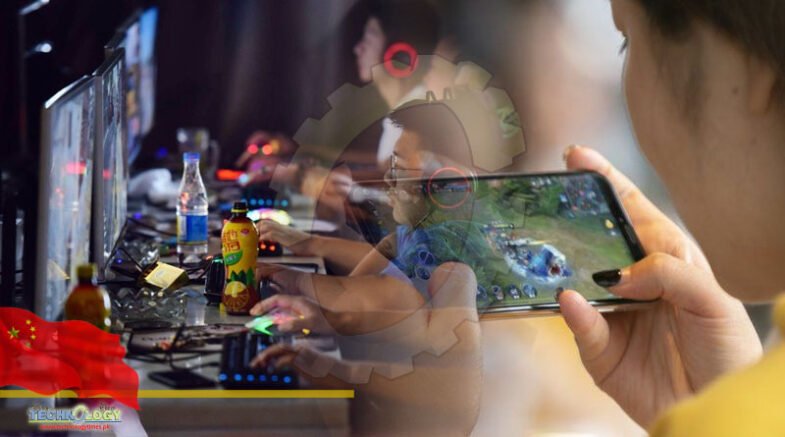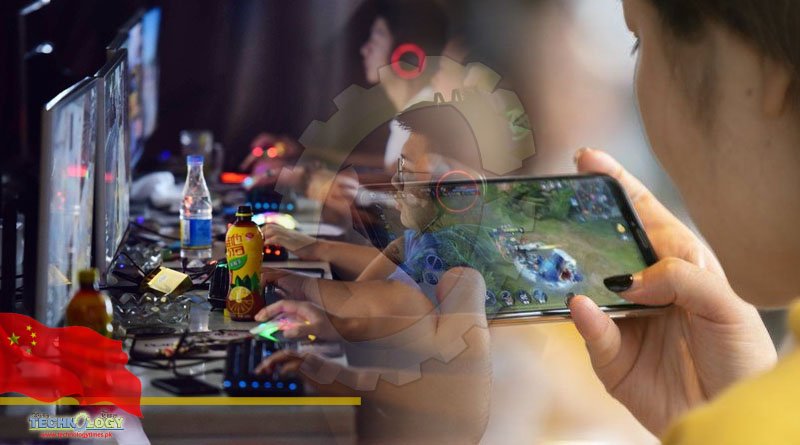China’s Game Industry Group Committee, released a report that 70 percent of minors played less than three hours of games a week. Minors’ gaming addiction has been basically resolved.

China’s Game Industry Group Committee, which is affiliated with the government’s gaming regulatory body, released a report on Tuesday that found 70 per cent of minors played less than three hours of games a week. “Minors’ gaming addiction has been basically resolved,” the body wrote in a report co-authored by Beijing-based research body CNG.
Any easing of China’s crackdown on online video games would be a boon for industry leaders Tencent and NetEase, which have borne the brunt of the restrictions.
Beijing sent a shockwave through the gaming industry in August 2021 when it restricted children to only playing online games for one hour on Fridays, Saturdays and Sundays. The move came after state media highlighted the mental and physical health toll gaming addiction was having on China’s youth, labelling online games a form of “spiritual opium”.
The time spent by children on Chinese internet giant Tencent’s games has plummeted since the regulation change and was down 92 per cent in the third quarter compared with the same period last year. During an earnings call with investors last week, Tencent said it had become “fully compliant” with Chinese regulations on gaming for minors and expected “more licenses will be forthcoming in the future”.
Experts say children can still circumvent the restrictions. The industry association’s report noted 35 per cent of parents allowed their children to use their identification cards to register accounts, one popular method for youngsters to get around the rules.
Nevertheless, the report is the latest indication Beijing’s attitude towards gaming has eased further since it ended an eight-month ban on the launch of new games in April. Some new games have been allowed to launch since then, but many are still awaiting approval.
The People’s Daily, the Communist party’s official newspaper, published an opinion piece last week saying the gaming industry could “support the development of advanced technologies” and “play a more important role in enhancing the global influence of Chinese culture”.
In September, Tencent and its biggest local rival NetEase received approvals to launch new paid games for the first time in more than a year.
“From the start of next year, we expect to see gradual and more regular approval of gaming licences,” said Cui Chenyu, a gaming analyst at research company Omdia.
“The total number of games receiving approval will be lower than before the policy change,” she said. “Foreign games will face stricter censorship than before.”
Tencent and NetEase have pivoted to focus on international expansion following Beijing’s curtailing of minors’ gaming time. In recent months, both have invested in foreign games publishing houses: Tencent in Tokyo-based FromSoftware and NetEase in Paris-based Quantic Dream.
Cui noted the two groups were also seeking to “leverage their gaming technology” and “cash flow from gaming” to develop metaverse-related technology such as virtual-reality glasses and cloud services.
“This is in line with the government policy. It’s a new direction. We don’t know how it will impact financial results,” she added.
Originally published at Financial Times
